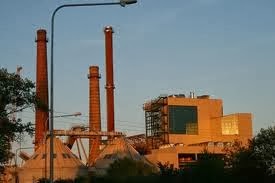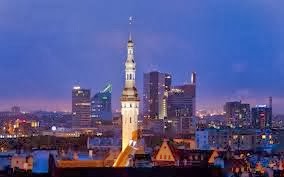Traditional
Estonian industries include oil shale mining, shipbuilding, phosphates, electric
motors, excavators, cement, furniture, clothing, textiles, paper, shoes, and
apparel. Many of these industries stagnated after independence, deprived of
their Soviet markets and sources of cheap raw materials. Yet the sector has been
growing at a rate of 3 percent (1996 estimates), mostly due to the rapid
privatization and the entry of foreign (mostly Scandinavian) investors in
electronics, cement, chemicals, and forest products. Estonia has developed
adequate assembly capacities to supply electronic components to leading
Scandinavian telecommunications companies and suppliers. In addition, with its
low taxes, low labor costs, and trained workforce, the country is an ideal
location for electronics manufacturing. In early 2001 telecommunications giant
Ericsson (Sweden), the world's leading maker of telecommunications equipment,
sold its loss-making mobile handset operation, dramatically cutting its orders
with Elcoteq (Finland). Elcoteq terminated the manufacture of Ericsson handsets
in its Estonian subsidiary, Elcoteq Tallinn/ET, which was responsible for
one-quarter of Estonian exports in 2000. But Elcoteq quickly refocused on mobile
systems components for Ericsson, reflecting its long-term demand. ET continues
producing handsets for Nokia (Finland), and will launch systems components
production in Estonia later in 2001.


